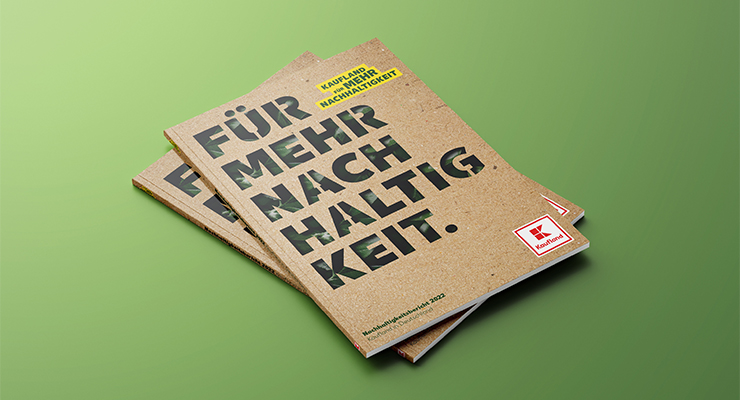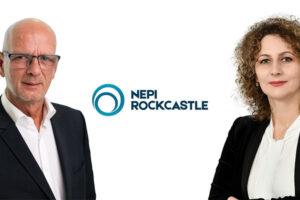“We place sustainability at the heart of social action. With our focus topics, we demonstrate in a very practical way how we as a company strengthen sustainability in our day-to-day activities. Our measures are diverse and range from the reduction of plastic in our product packaging to the annual campaign days of our educational initiative “Machen macht Schule” for age-appropriate communication of sustainable future topics in schools or daycare centers,” says Ines Rottwilm, Head of Sustainability at Kaufland Germany. “Our sustainability report with its focus topics shows that we have successfully set the course to make Kaufland in Germany fit for the future and, above all, sustainable. A foundation on which we will continue to build in the future.”
The sustainability report contains the following key statements:
Conscious shopping
Kaufland offers its customers up to 3,300 organic products, including Bioland- and Demeter-certified items. Kaufland also supports a large number of regional farmers and producers. Since 2019, the range of regional products has increased from 18,000 to 25,000 products (financial year 2022) and the number of regional suppliers from 1,400 to 1,800. Kaufland also focuses on improving animal welfare in livestock farming. For example, the company is offering more and more meat from higher husbandry standards in its stores. By the end of the 2022 financial year, more than 20 percent of the entire fresh meat range of the private label already came from the more animal-friendly husbandry categories 3 and 4.
Conserving resources
Kaufland has achieved numerous successes as part of the Schwarz Group companies’ REset Plastic strategy. Since 2019, the company has been able to save 31% plastic and use an average of 34% recyclate in the packaging of its own brands thanks to packaging optimization and reduction. As part of a newly developed raw materials strategy, 14 focus raw materials such as fish and cocoa were identified, for which specific targets for more sustainable sourcing of raw materials will be defined by 2025. In order to establish a long-term environmentally friendly supply chain, Kaufland has been working with the AgriTech company Klim on a pilot project to promote regenerative agriculture since last year.
Protecting the climate
Kaufland aims to reduce its operational greenhouse gas emissions (Scope 1 and 2) by 80 percent by 2030. From 2019 to February 2023, the food retailer already achieved a reduction in operational emissions of around 60 percent1. In logistics alone, Kaufland saved 42% between 2010 and 2022. Since 2022, Kaufland has also been sourcing 100 percent of its electricity in Germany from renewable energy sources, with the exception of individual procurement contracts.
Strengthening society
Together with its strategic partners, Kaufland is working to promote and enforce responsible and environmentally friendly standards in the supply chain and thus further expand its duty of care. As a company, Kaufland is also involved in various areas of social life. These include, for example, the regular donation of food to food banks in Germany or the store donation concept, where customers can easily donate to regional recipients by handing in their deposit receipt and rounding it up at the checkout.
For more information, Kaufland´s complete report is available in German under https://unternehmen.kaufland.de/nachhaltigkeit/unser-nachhaltigkeitsbericht.html.







